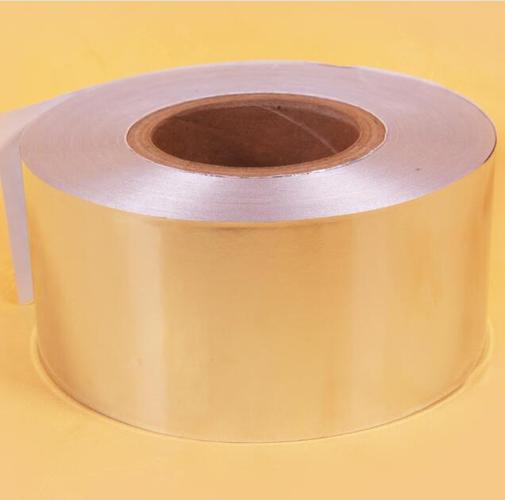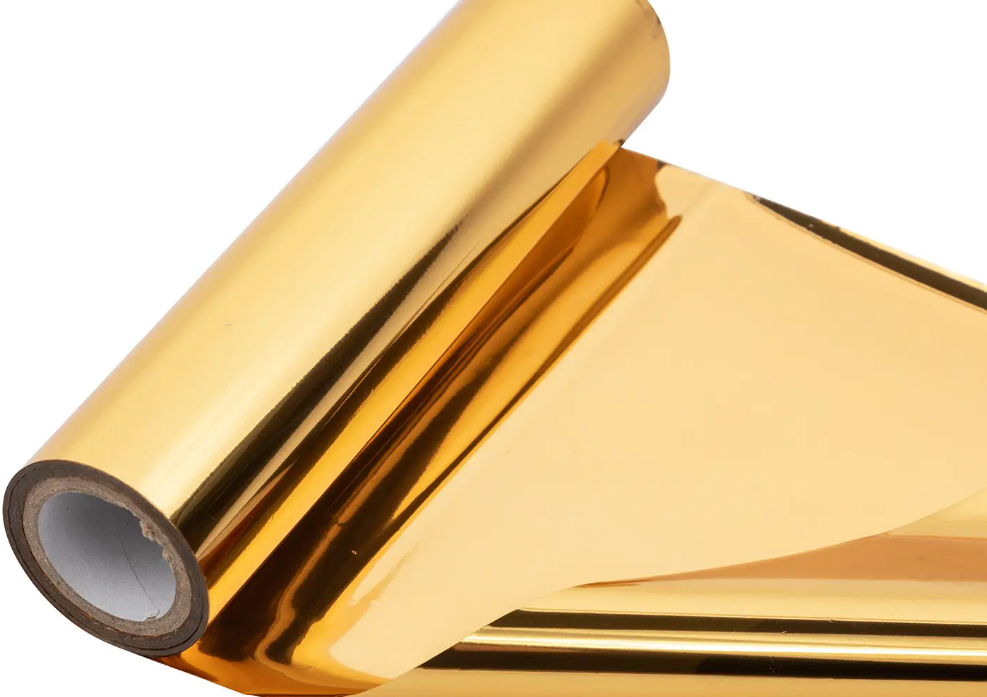In the tobacco packaging industry, cigarette foil is a crucial material for protecting and enhancing products. Selecting the right foil ensures that cigarettes remain fresh and of high quality while also boosting brand image and market competitiveness. Below are key factors to consider when choosing the right cigarette foil, helping you make an informed decision.
Material Type
The first step in selecting cigarette foil is to determine the required type of material. Common options include aluminum foil and composite materials. Aluminum foil is widely used due to its outstanding physical properties, including excellent barrier performance, high moisture resistance, and strong mechanical strength. These characteristics ensure that cigarettes maintain freshness and flavor over time. Composite materials often combine the benefits of various materials, such as plastic and aluminum, providing better print adaptability and flexibility. Additionally, composite materials may offer enhanced environmental benefits. Therefore, manufacturers should choose a material based on their specific product needs and market positioning.

Thickness and Durability of Cigarette Foil
The thickness of the cigarette foil directly affects its durability and protective qualities. Thicker foils typically provide better protection, especially during transportation and storage, preventing damage and deformation. However, thicker foils may come at a higher cost. Thus, companies must weigh the cost against the protective benefits when choosing thickness. Understanding the expected usage environment and lifespan of the product can help in selecting the optimal thickness. Additionally, conducting market research to see what competitors are using may offer valuable insights.
Barrier Properties
Outstanding barrier properties are a critical characteristic of cigarette foil. High-quality cigarette foil effectively blocks oxygen, moisture, and other harmful substances, preventing the tobacco from oxidizing and degrading. When selecting cigarette foil, it’s advisable to check a supplier’s technical specifications and testing reports to understand its oxygen and moisture permeability. Requesting samples for testing can also ensure that the selected foil meets brand standards, helping manufacturers maintain the quality of their products and enhance consumer satisfaction.
Printability and Aesthetic Appeal
In a competitive market, the appearance and packaging design of cigarettes often influence consumer purchase decisions. High-quality cigarette foil features a smooth surface that allows for excellent printing, ensuring brand logos, designs, and product information are clear and attractive. Choosing a foil that suits the brand’s image and offers print compatibility is essential for capturing the attention of target consumers. Collaborating with professional packaging design firms can also help ensure that the final product effectively showcases brand value and appeal.

Considérations environnementales
As consumer awareness of environmental issues continues to grow, opting for sustainable and eco-friendly cigarette foil becomes increasingly important. Today’s consumers tend to favor products that have minimal environmental impact throughout their production, use, and disposal. It is advisable to consult suppliers about the sourcing of materials, eco-certifications of the production process, and the recyclability or biodegradability of the foil. This can not only help build a positive brand image but also attract environmentally conscious consumers, creating new market opportunities.
Cost Efficiency
Finally, cost is a significant factor in choosing cigarette foil. It is essential to assess the cost while ensuring that the selected material meets performance and quality requirements. Comparing quotes from different suppliers and evaluating the cost-effectiveness of each type of foil is crucial for optimizing overall profitability. Additionally, considering long-term partnerships and bulk purchasing can provide cost advantages, further lowering packaging expenses.
Conclusion
When selecting the right cigarette foil, factors such as material type, thickness, barrier properties, aesthetic appeal, environmental considerations, and cost efficiency significantly impact product quality and market performance. By carefully evaluating each element in conjunction with market demands and brand positioning, you can make the best choice, ensuring that your products stand out in a competitive landscape. A well-chosen cigarette foil not only enhances the consumer’s smoking experience but also revitalizes your brand.


